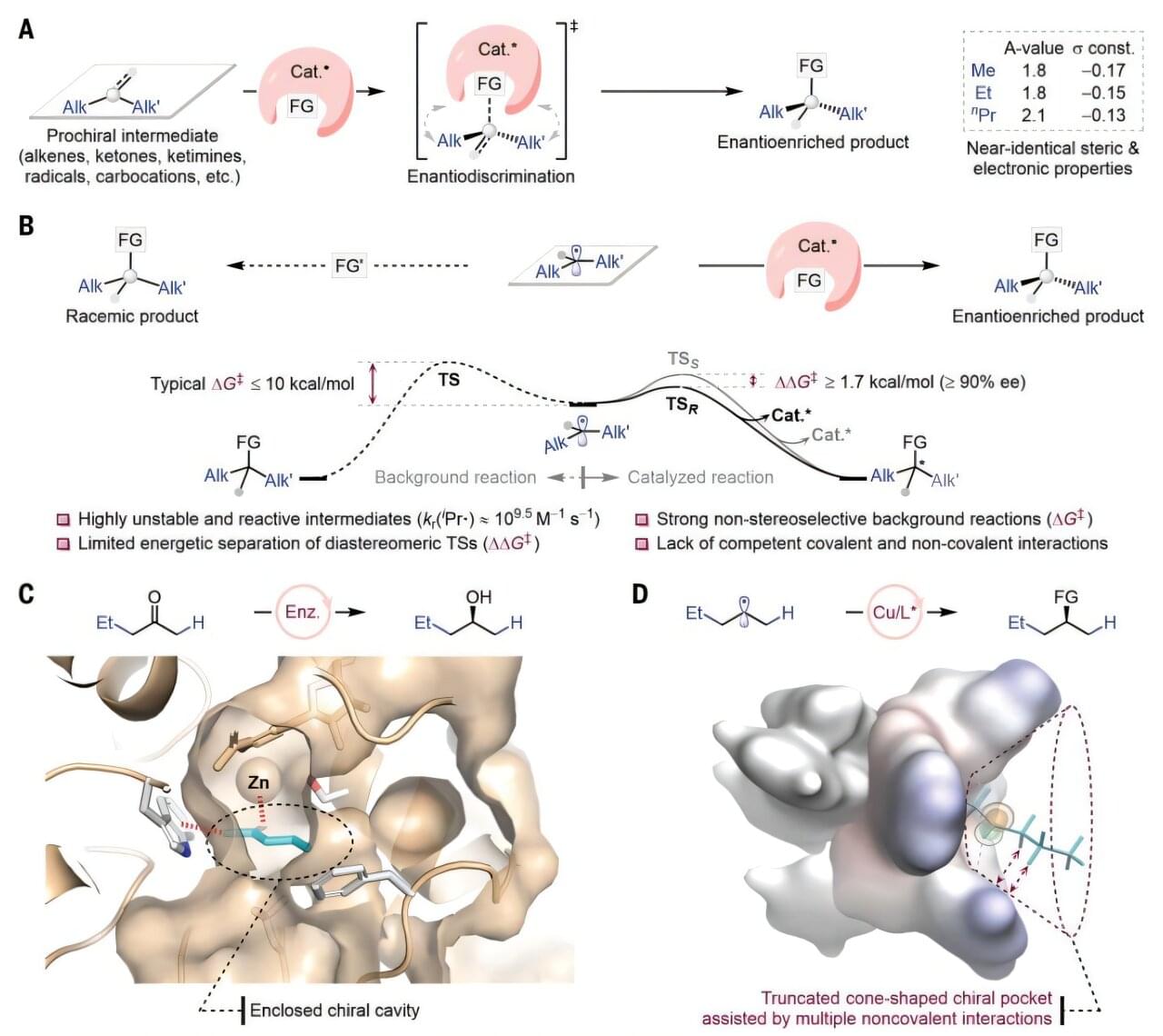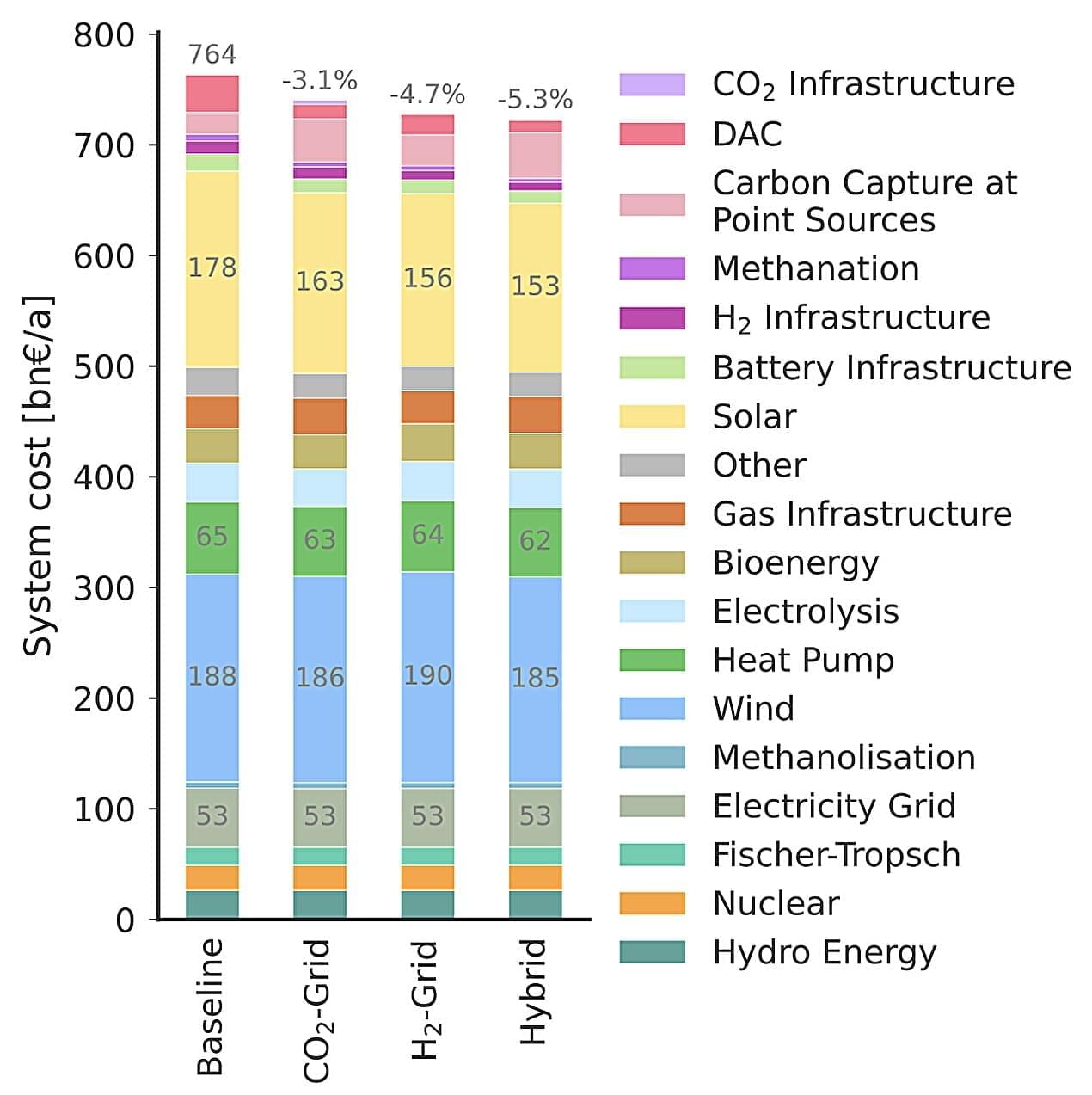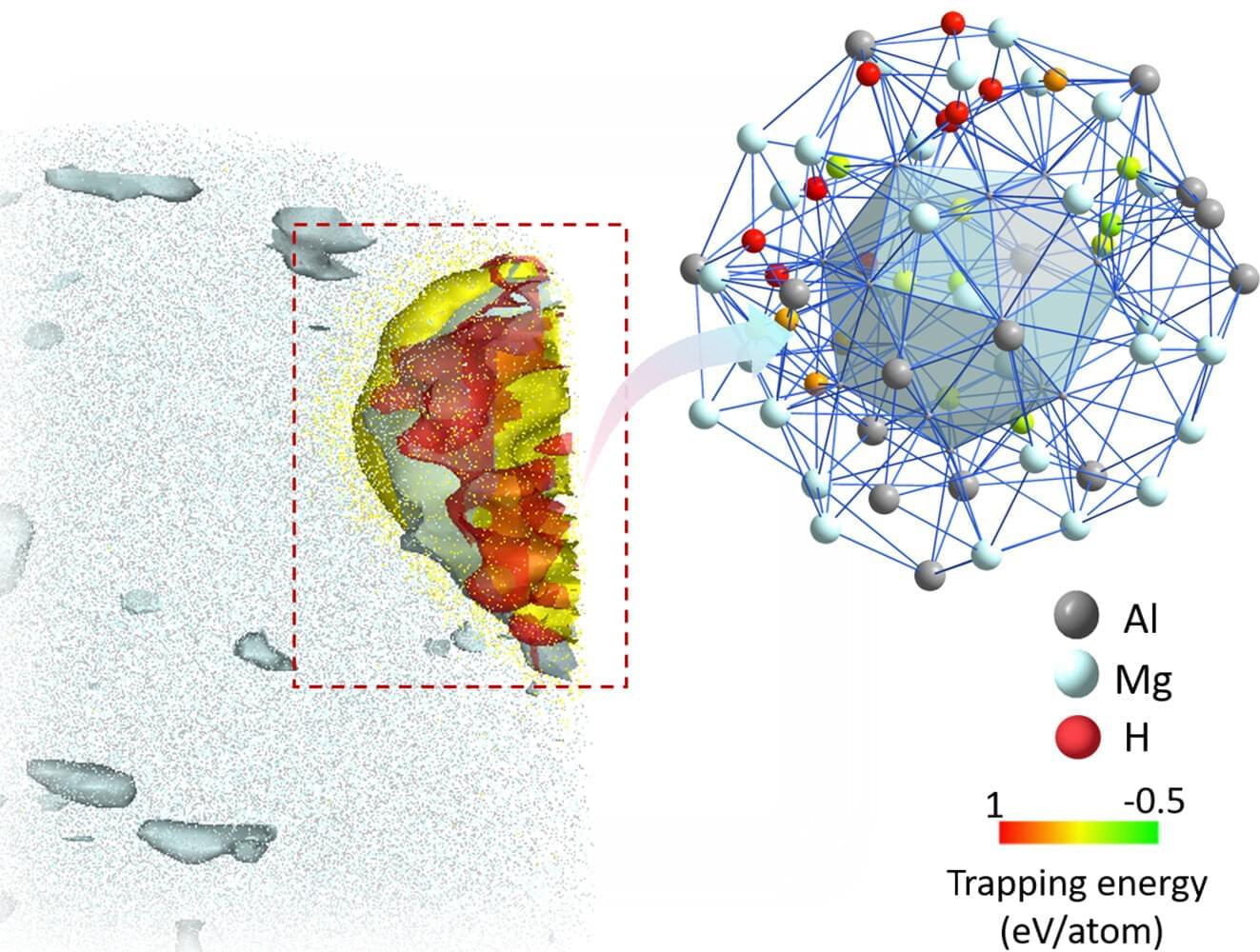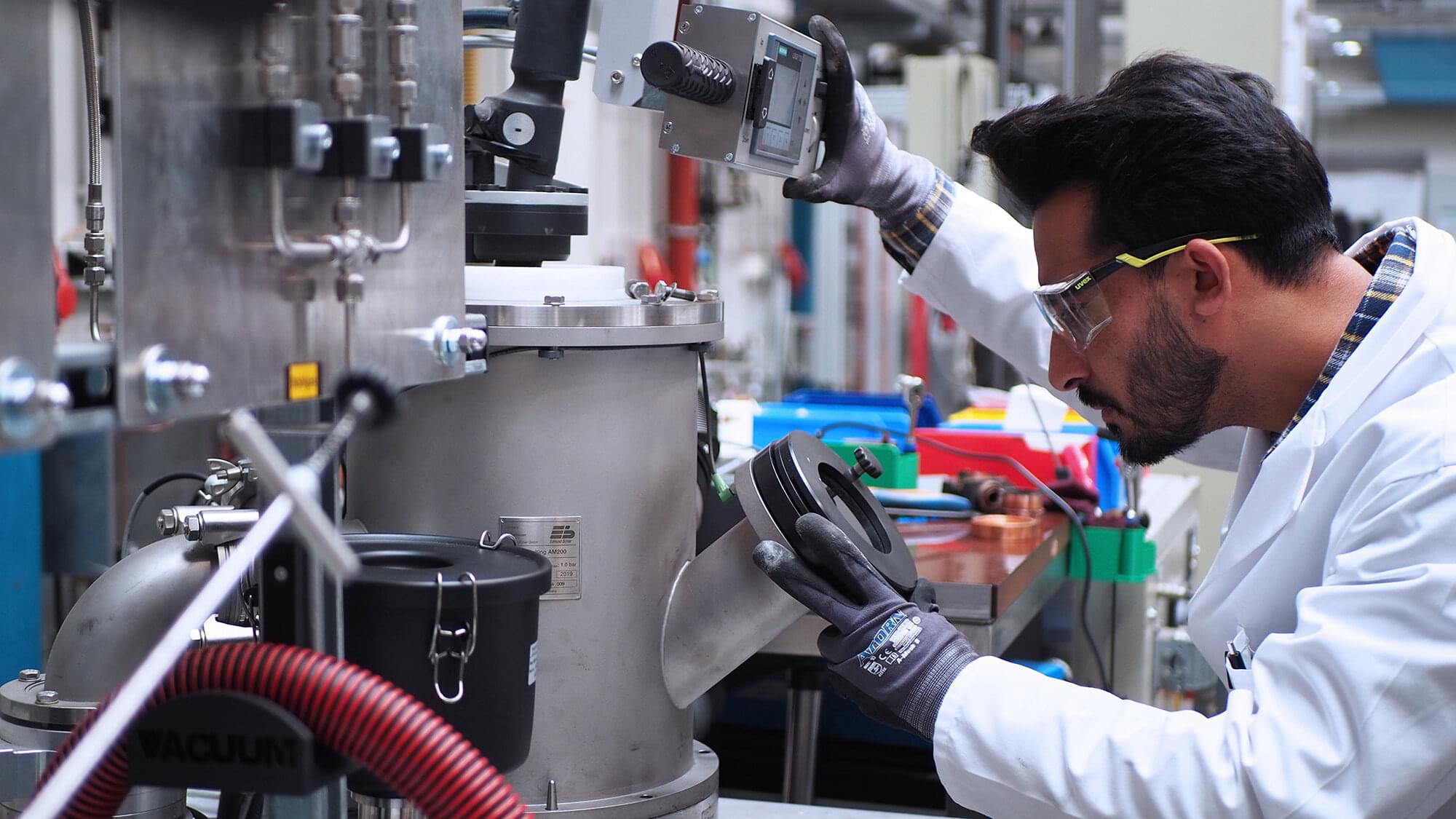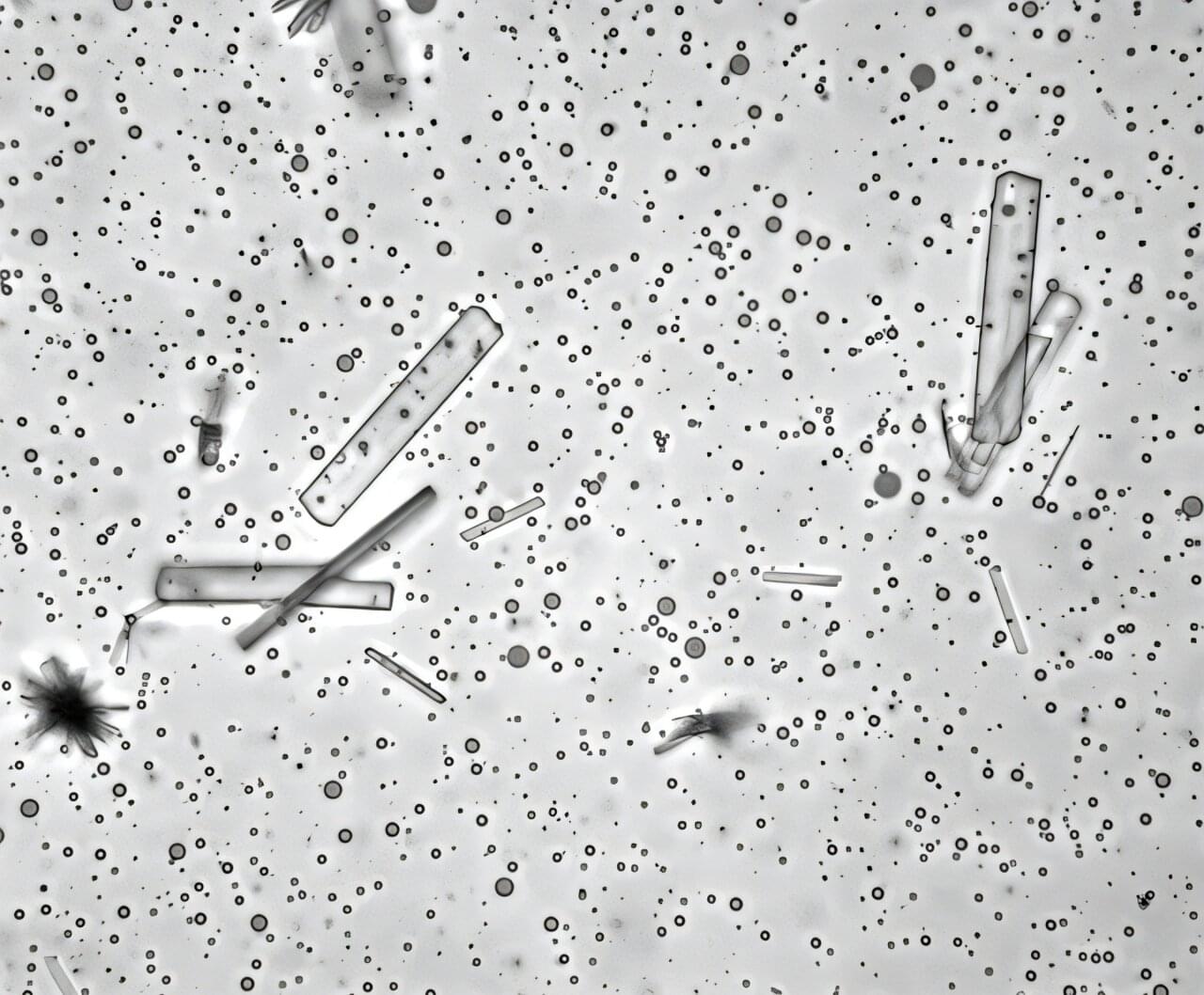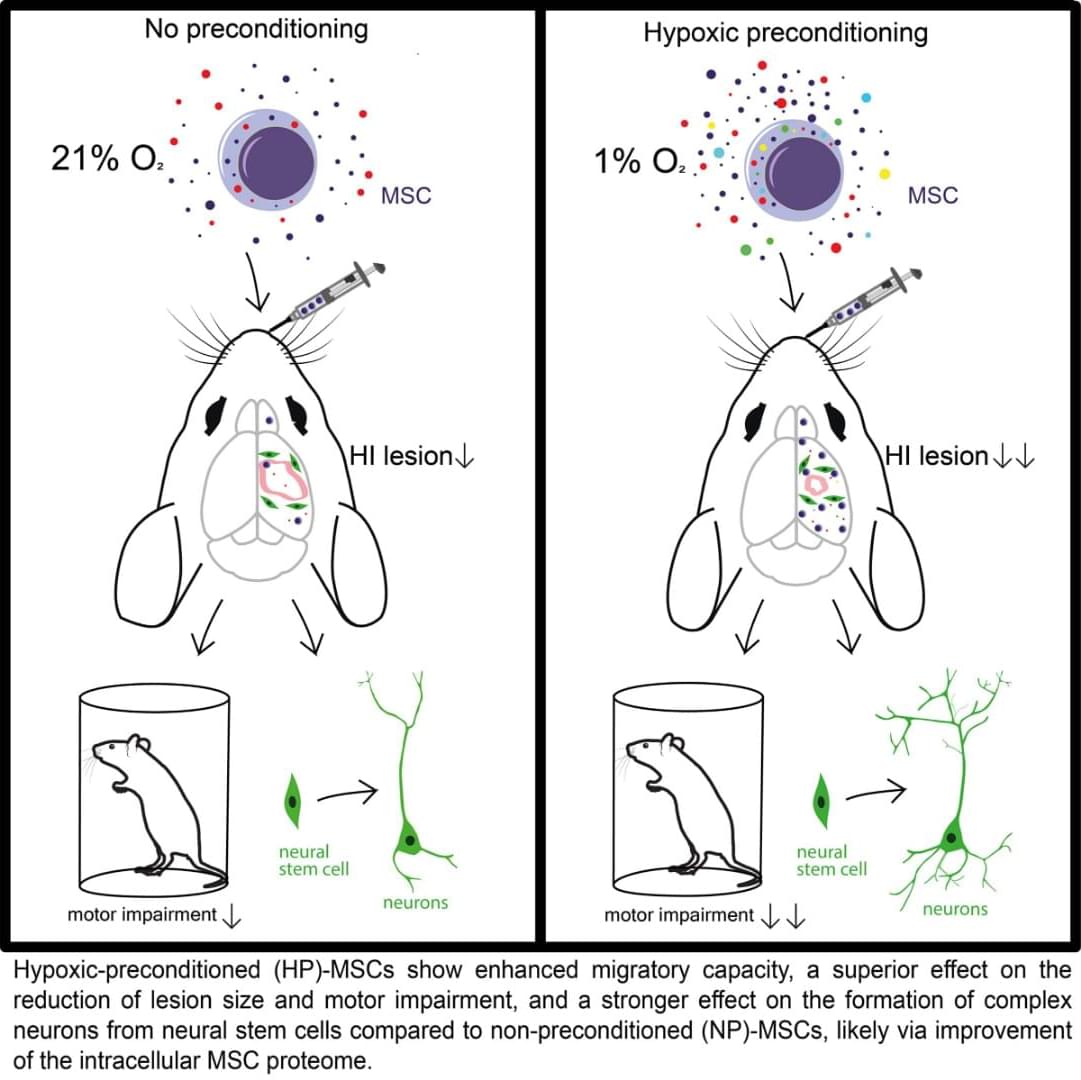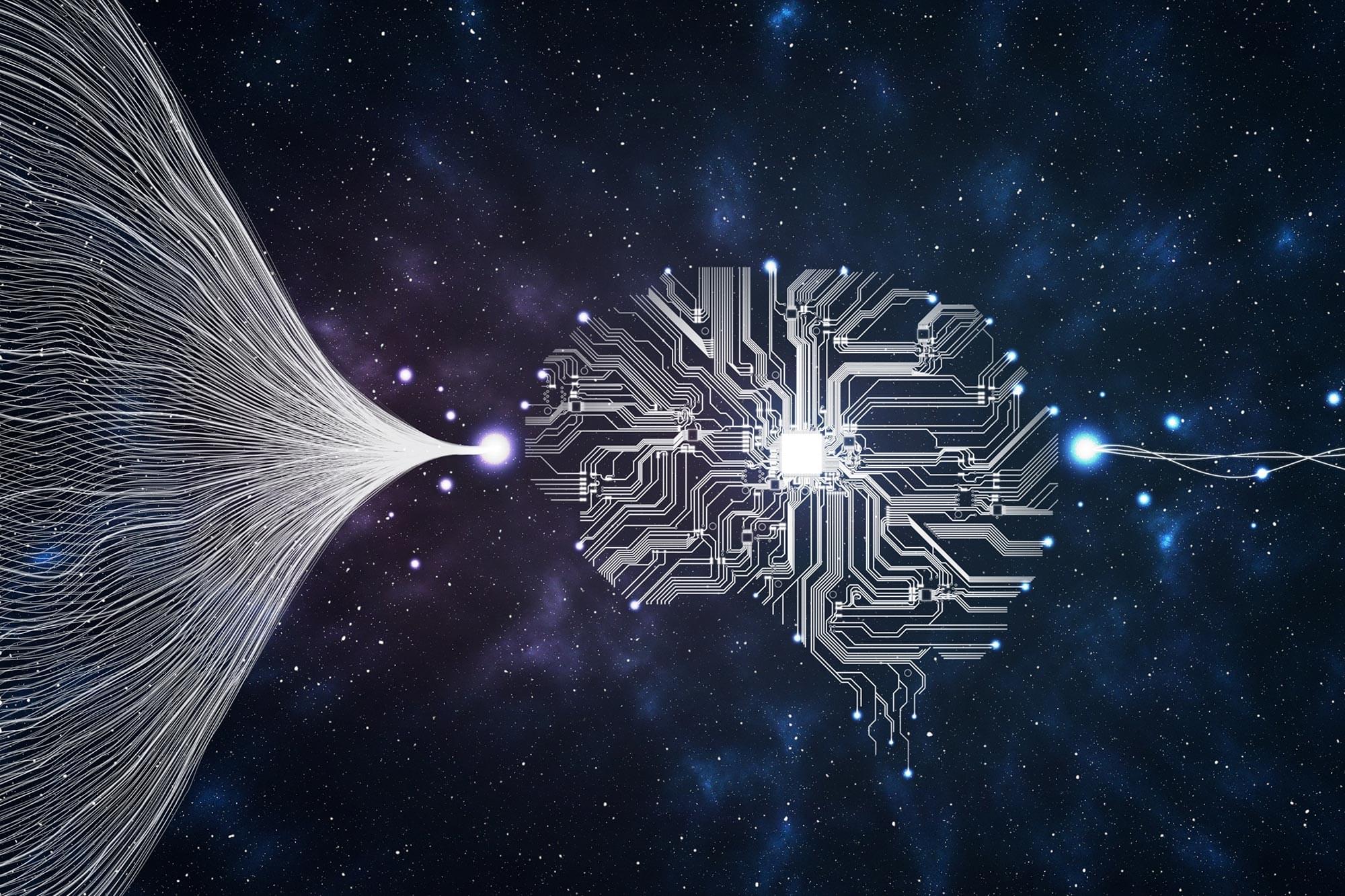A team of chemists at Southern University of Science and Technology, working with a colleague from Zhejiang University, both in China, has engineered a metal–ligand complex that incorporates a reactive pocket to pre-organize prochiral substrates. Their paper is published in the journal Science.
Carbon radicals are being used as an intermediate in a variety of synthetic transformations. Because they have just one electron, they tend to be highly reactive, allowing for speedy reactions with little energy release.
Unfortunately, when working with prochiral substrates, where three different groups are attached to a single radical center, the ability to control the reaction becomes untenable. Prior research has shown that the underlying cause of these difficulties lies with the differences inherent in the alkyl group, where non-stereoselective reactions tend to dominate.
